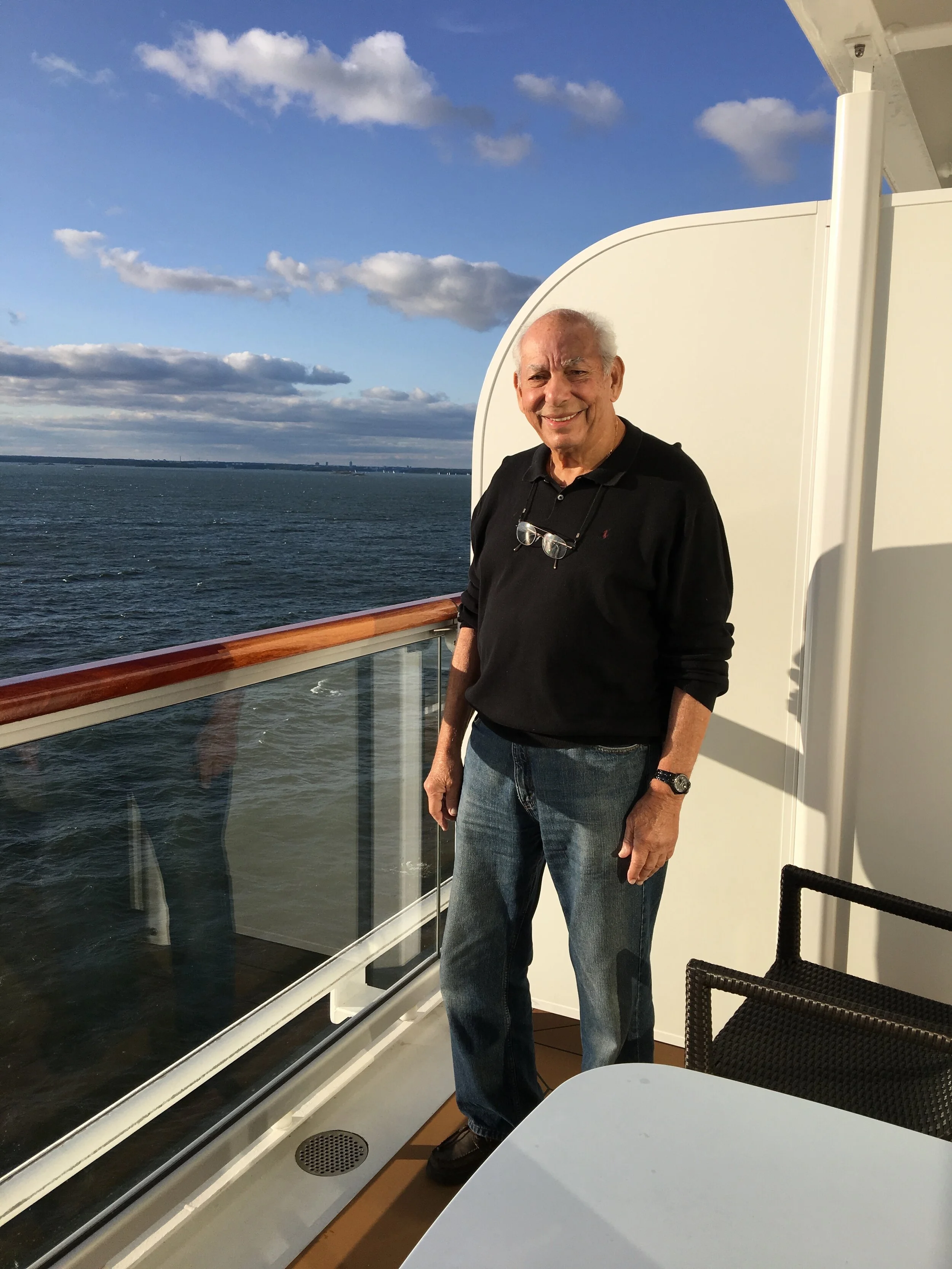Freedom from Isolation
/Humans live in their own assembled world that’s in their brain
and it’s an isolation - it separates us…
Music is a relief from the isolation of life.
– James Taylor
My breathing provides a melody for a morning meditation, as varying degrees of raspiness are met by the audible rush of air.
I am reminded of an interview with Linda Ronstadt when she spoke of the subtle flavors of the notes.
Breathing in and out, I notice as my body moves in sync with the rhythm, expanding and contracting, lengthening and widening with each cycle, an active participant.
The tempo changes as expiration lengthens and inhalation deepens, and I become aware of the ways that my throat resists motion, and my shoulders fall as my belly inflates.
Similarly, I listen as the wind whispers through the trees, rocking them, inviting them to stretch out into a larger space and let go of that which is no longer needed.
I become aware of the pauses in the wind, not unlike the pauses between the phases of my breath, quiet, still, yet filled with potential.
I explore the possibility of synchronizing with the wind, delighting in the movement and stillness together.
James Taylor came to Boise.
A beautiful surprise. My daughter and I met him in the fruit and veggie aisle of Whole Foods. Dressed in jeans and wearing a baseball cap, eyes bright and welcoming, he reflected a quiet humility and sincere interest in connection with others.
We talked for a few minutes about the ways that music unifies, inspires generations and helps us heal. My daughter and I expressed our gratitude for all of his efforts to bring peace to our world. Wonderfully, he graciously arranged for us to attend his concert the next night.
Perhaps the best drummer in the world, the original saxophonist for the Blues Brothers and several other equally exceptional artists filled the arena with sounds that brought us to our feet, inspired and fascinated us, and sparked uninhibited screams, laughter and tears.
Also magical was the stillness, the transformative space that awakens us to our connection, to the music we create together.
The mechanisms by which music affects our mood, level of stress, immunity and social bonding have been investigated by a team of researchers at McGill University, led by neuropsychologist Daniel J. Levitin, Ph.D.
Studies revealed that listening to music can lead to increases in the levels of the antibody IgA and other immune system cells that provide protection from disease as well as reductions in the level of the stress hormone cortisol in the body.
Even more, a 2015 study revealed that listening to music out loud together enhanced empathy among those sharing the experience, possibly due to the release of oxytocin, a chemical that is associated with increased trust and bonding.
In addition to the physiologic changes associated with the sounds of the music, brain scans reveal that during the transitions between musical movements, several areas of the brain light up, facilitating our ability to process our experience.
In fact, when studying the effects of listening to music on the brain, a research team at Stanford University School of Medicine found that peak brain activity occurred during the silence between notes.
As we listen to music, with its resonate tones and silent pauses continually exchanging places, we are changed.
Music can change the world because it can change people.
– Bono
In the packed concert hall in Boise, thousands of people from all walks of life, many with diametrically opposed perspectives and experiences, raised their arms to the sky, cell phones alit, and sang together. They looked into each other’s eyes, exchanged genuine smiles and freely offered hugs to strangers.
As we consider ways to cultivate peace and connection in a world erupting with fear and intolerance, music, whether experienced in a concert hall or as we sit quietly and listen to our breath, attunes us to our shared humanity.









